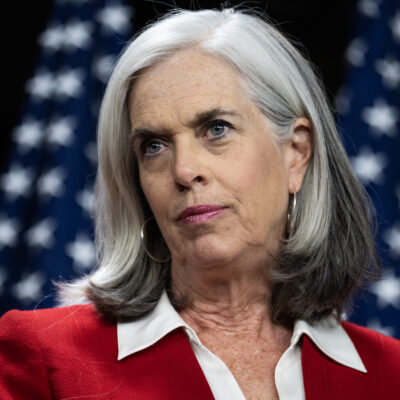
Hector Vivas/TAS23/Getty Images for TAS Rights Management
‘Look What You Made Me Do’ — Change my bat mitzvah date
Taylor Swift’s Eras Tour is set to be the biggest tour in music history
Eleven-year-old Orlie Solzman was at Jewish overnight camp when Taylor Swift made a decision that would change her life.
The pop star announced in August that she plans to add four additional North American stops to her already...






